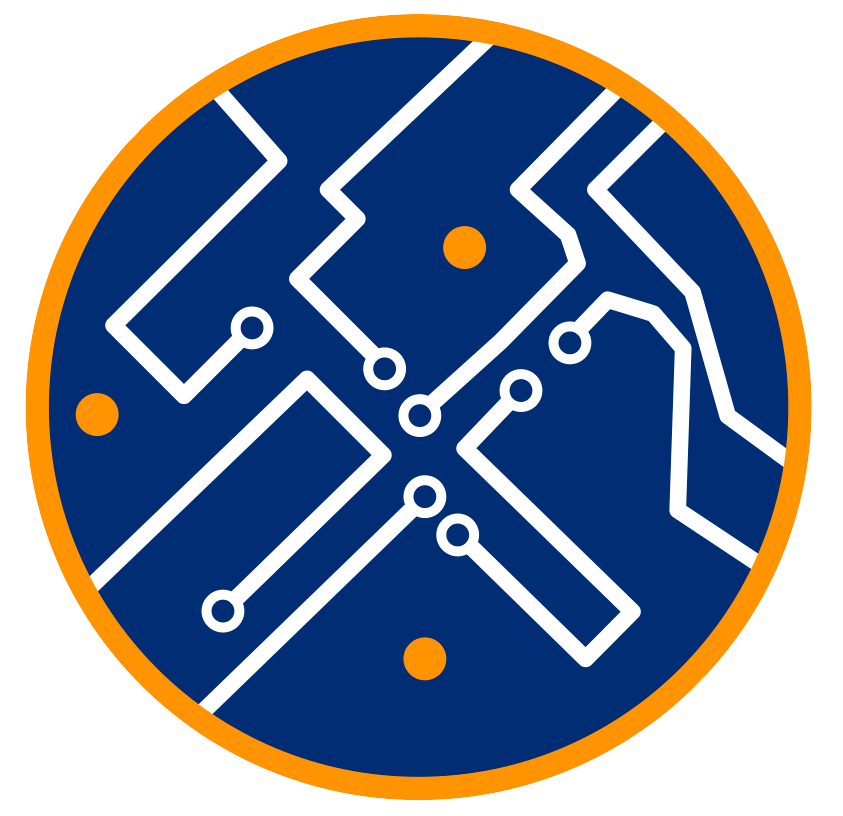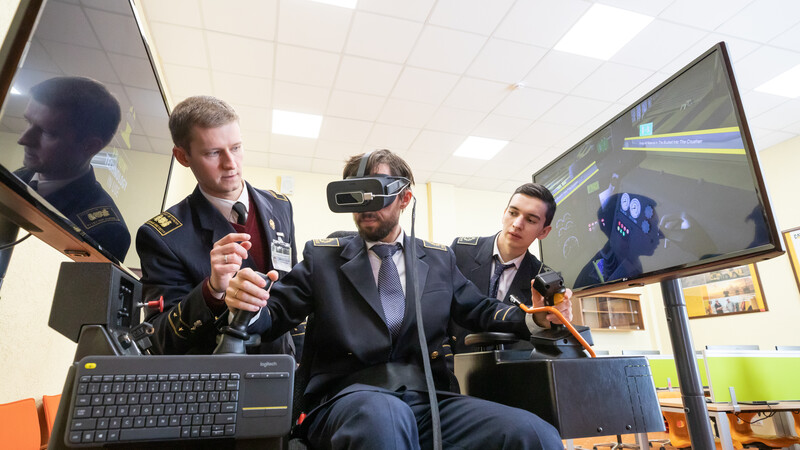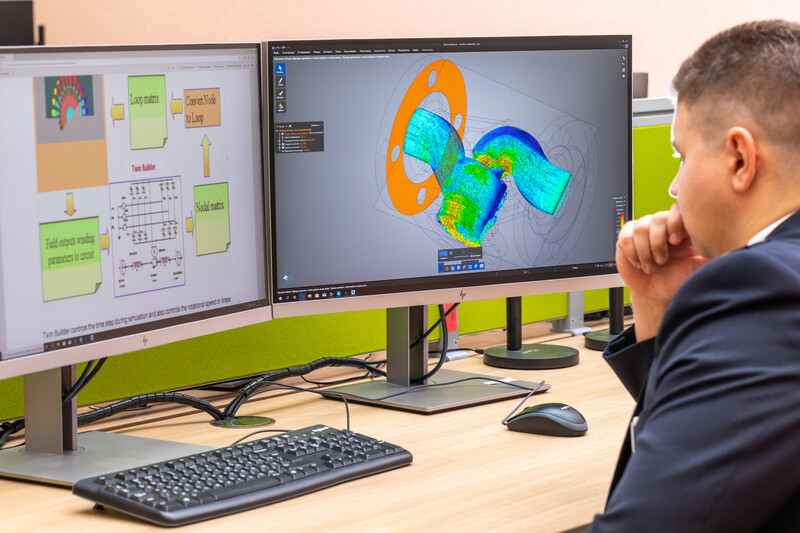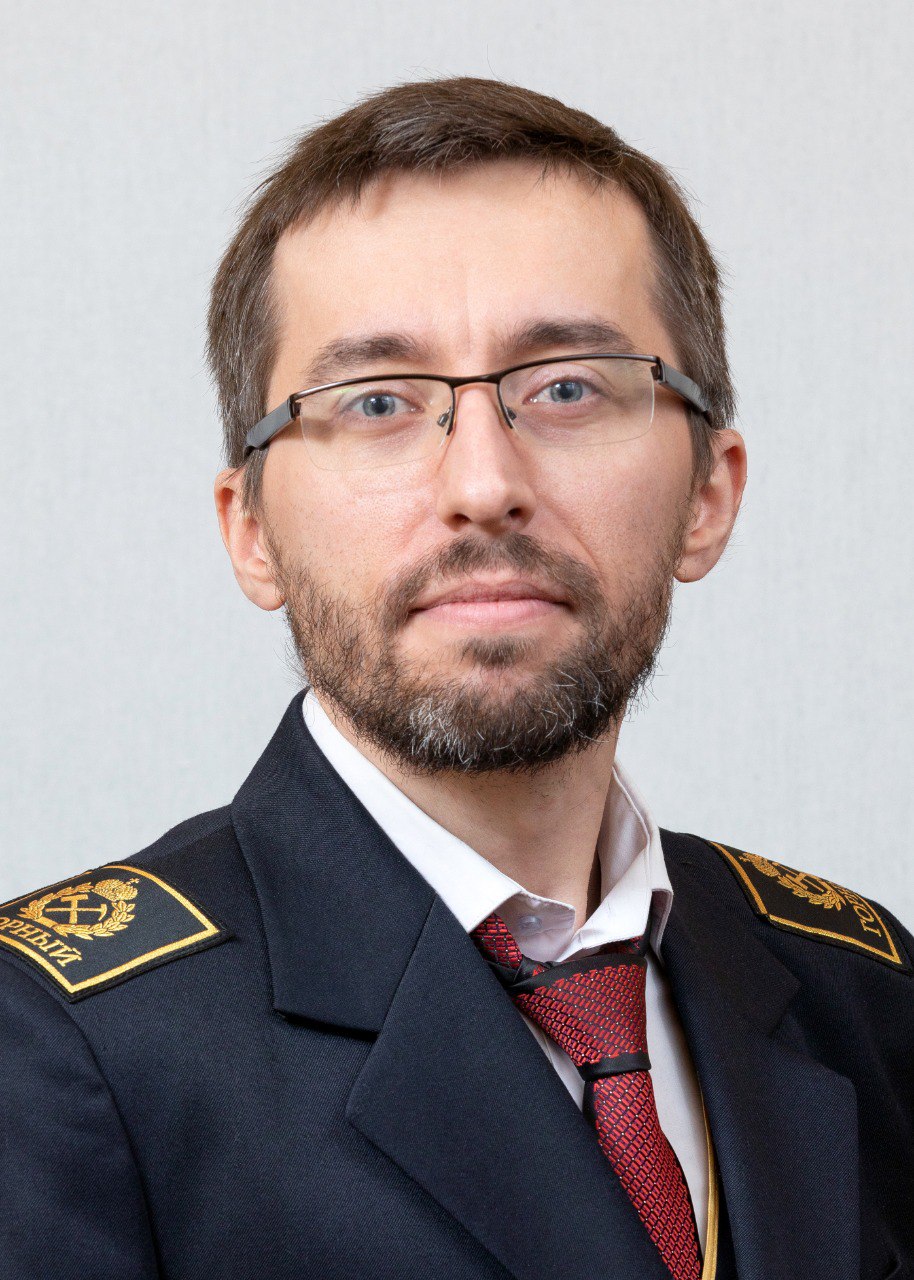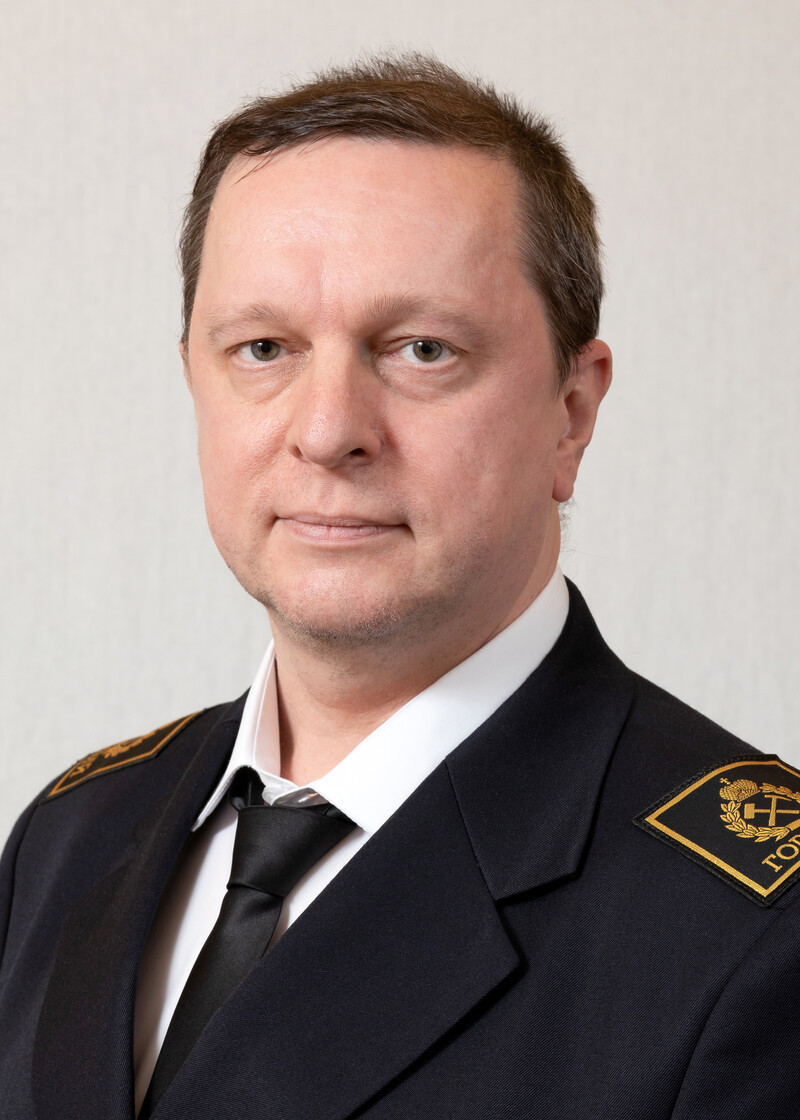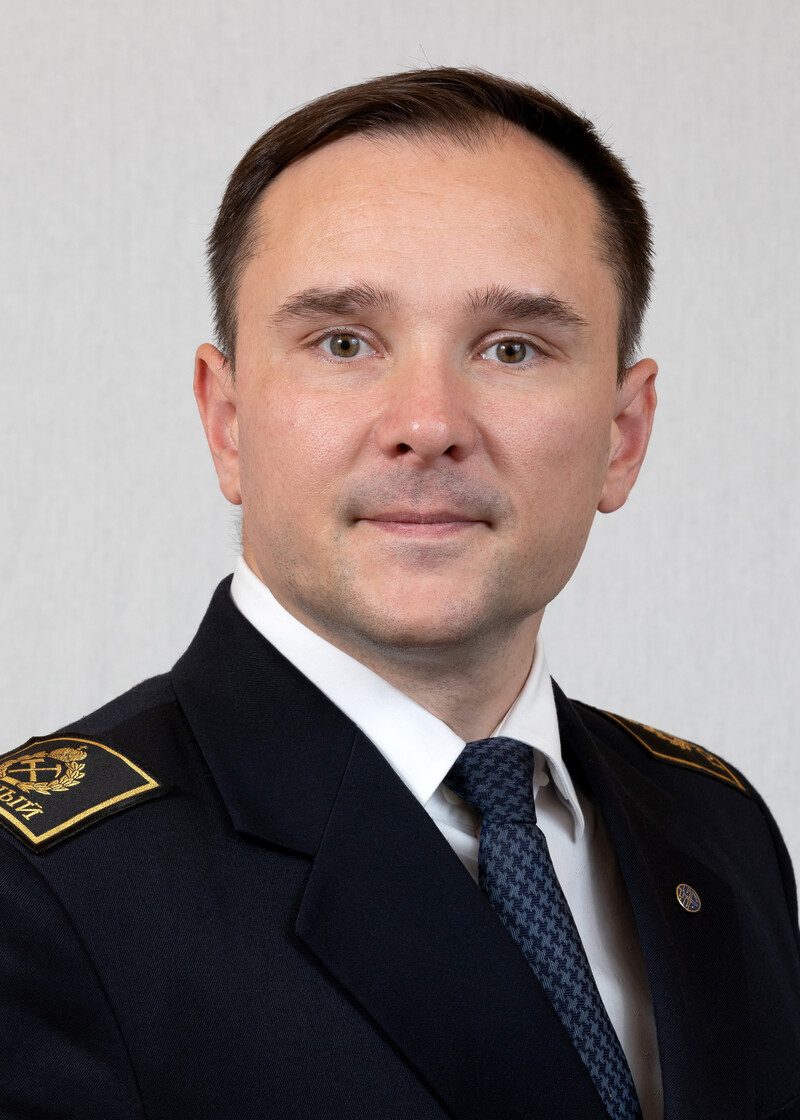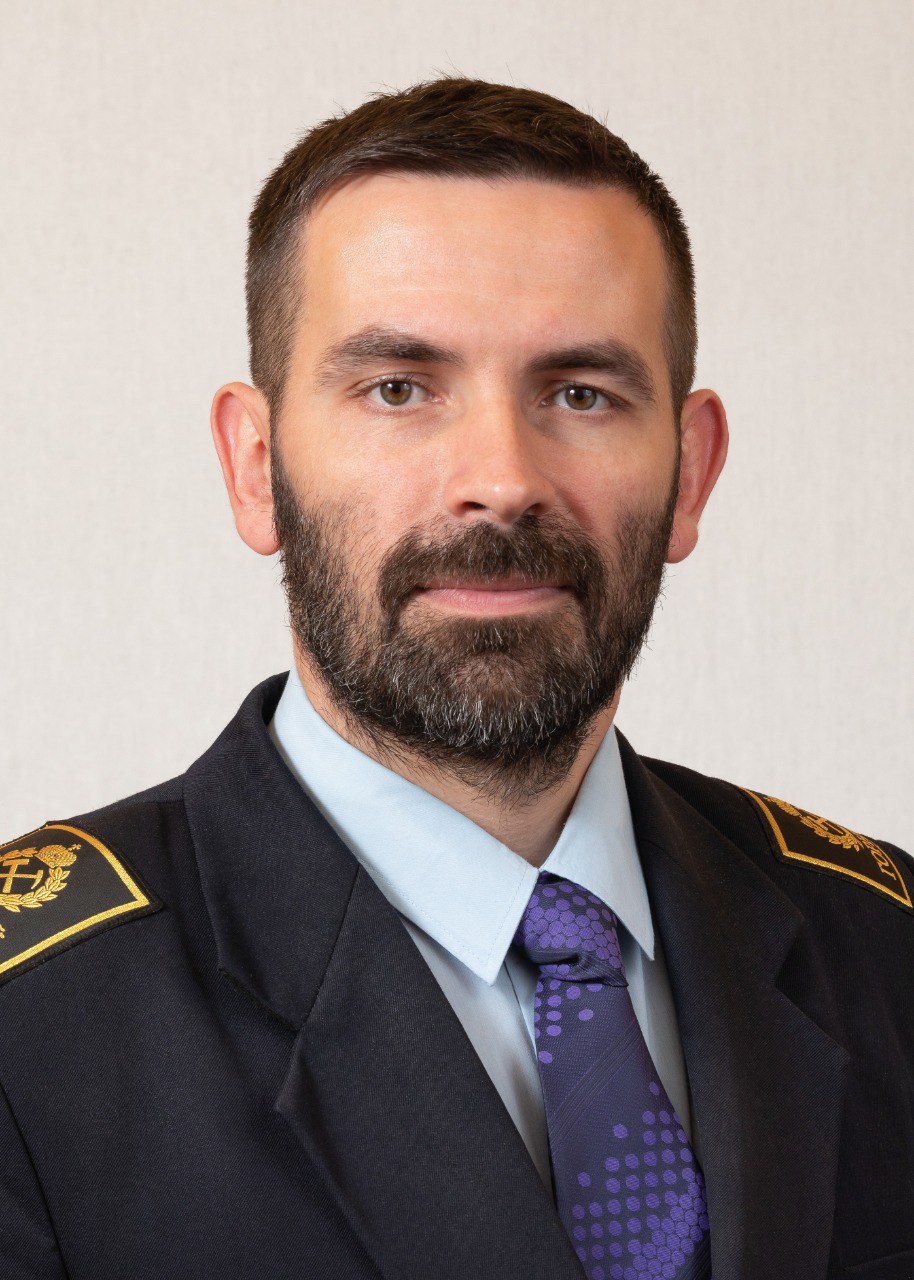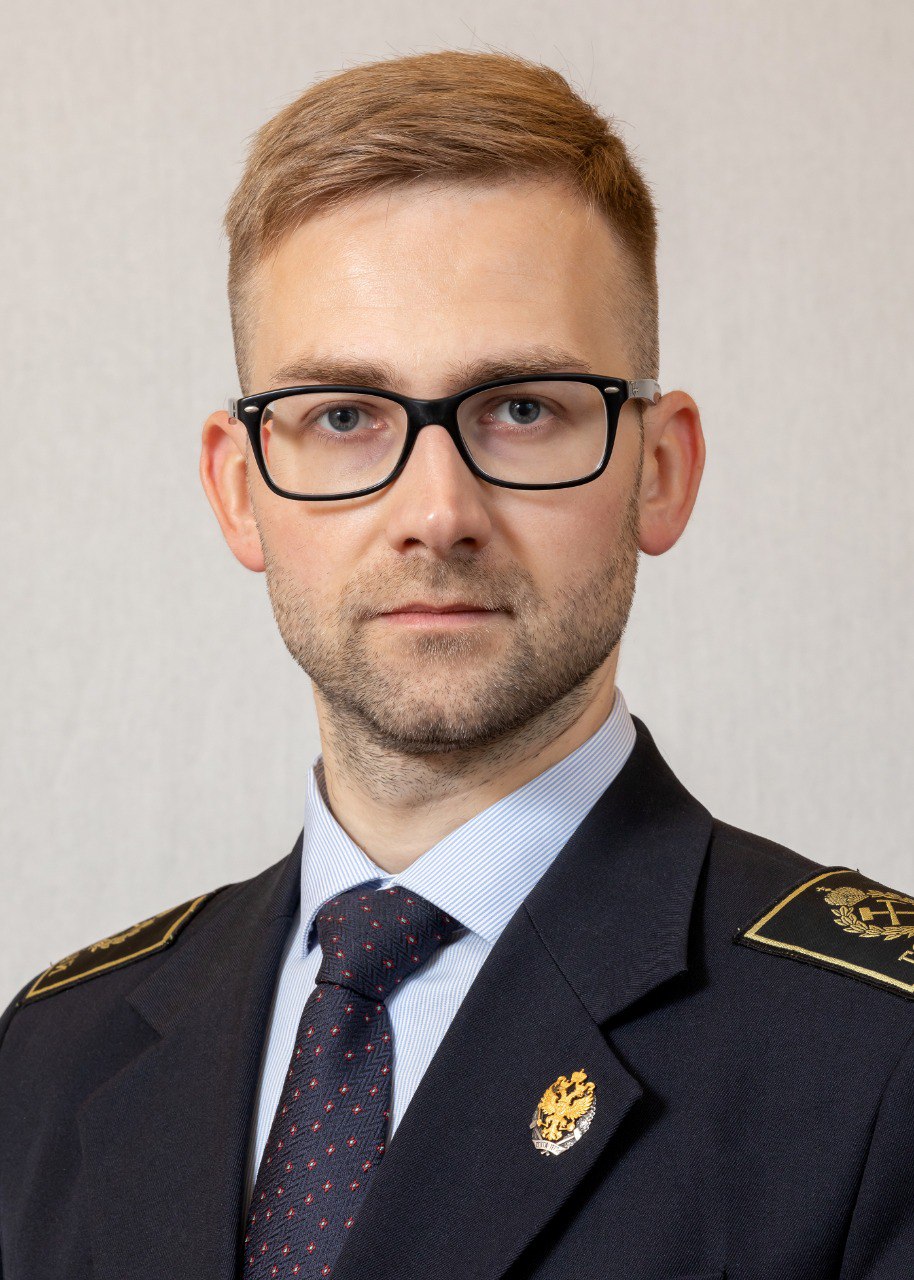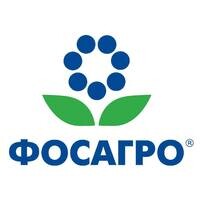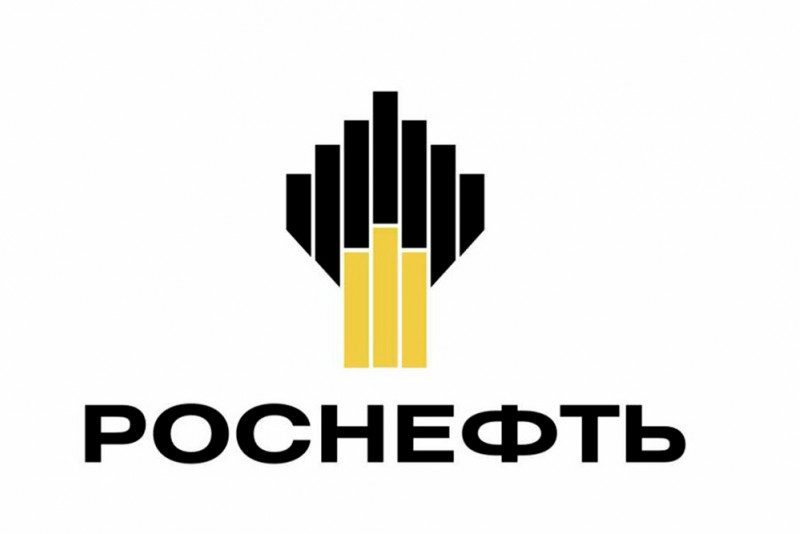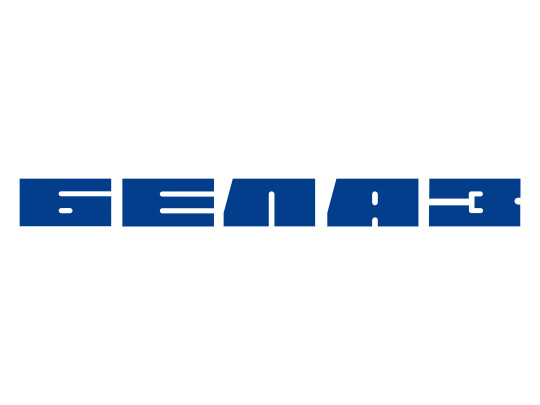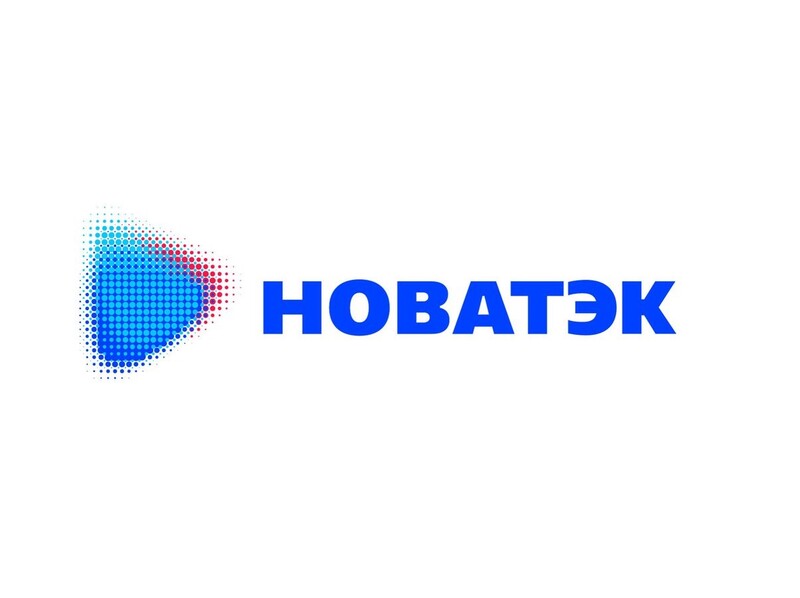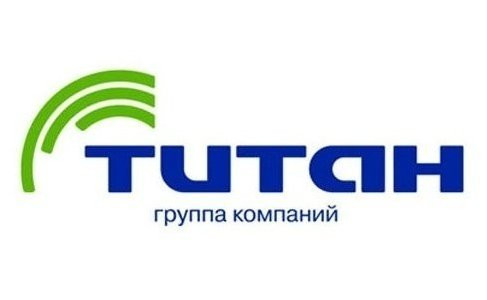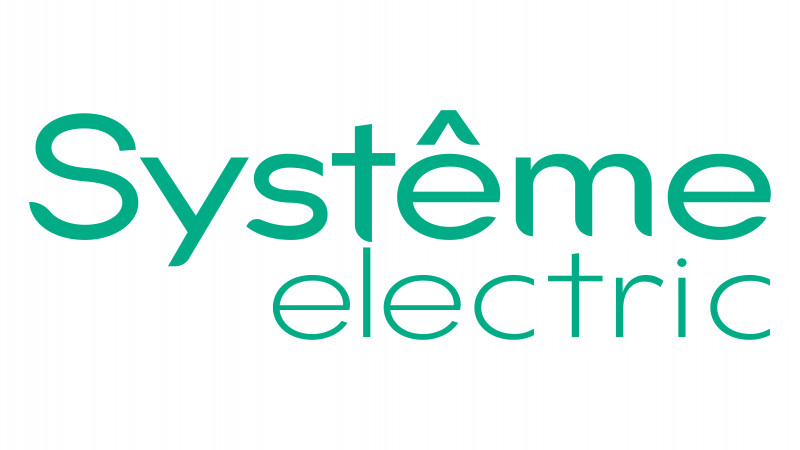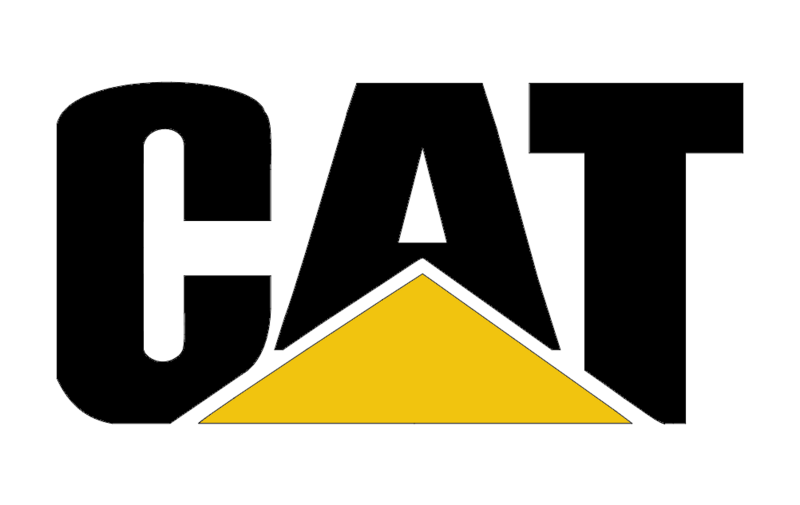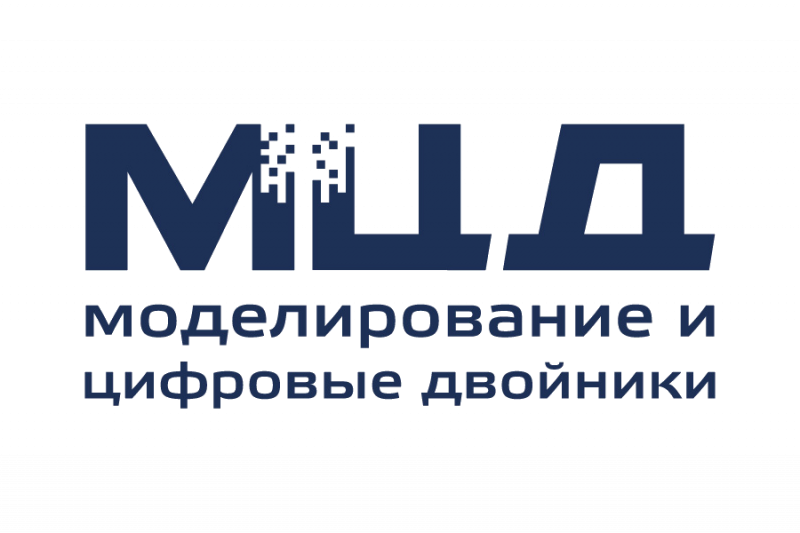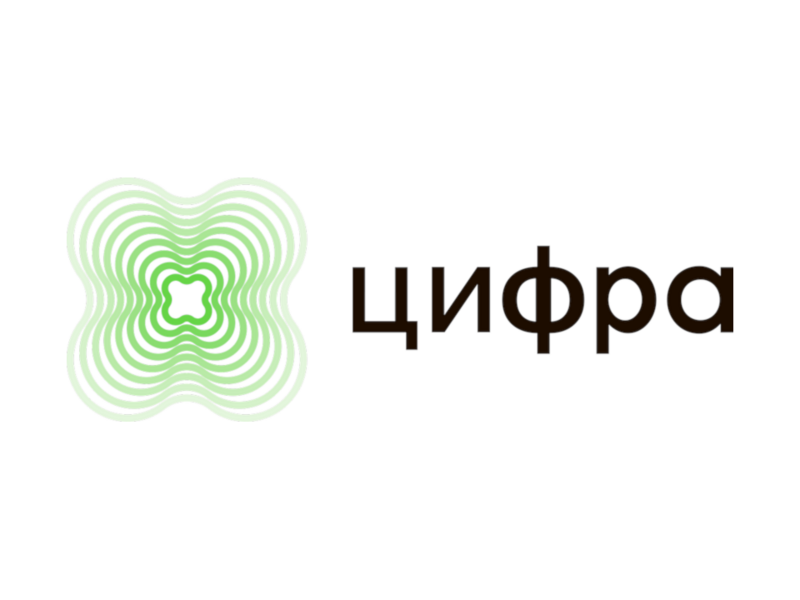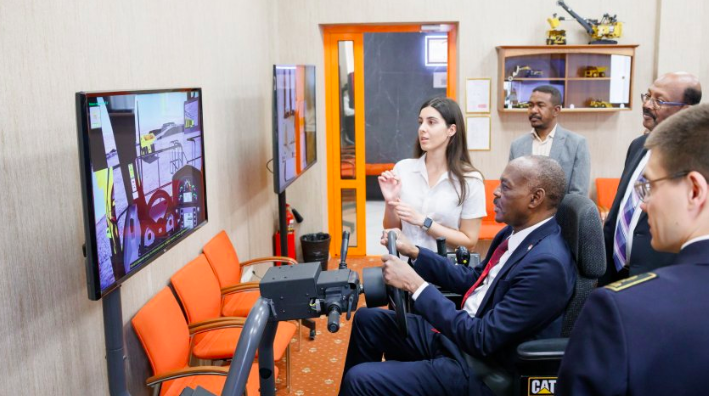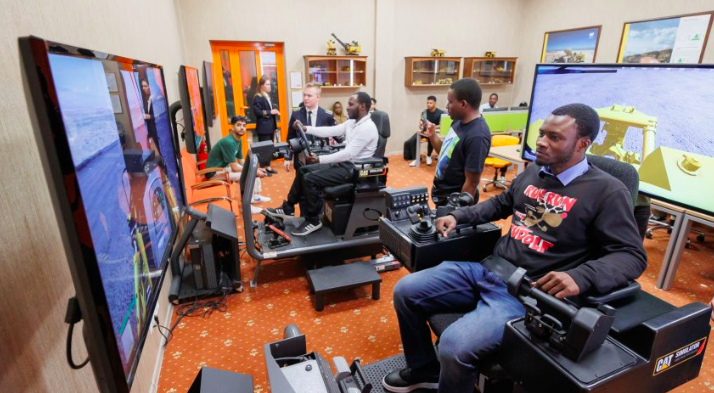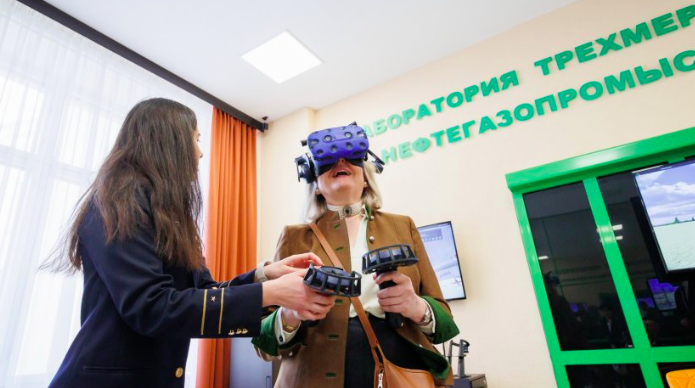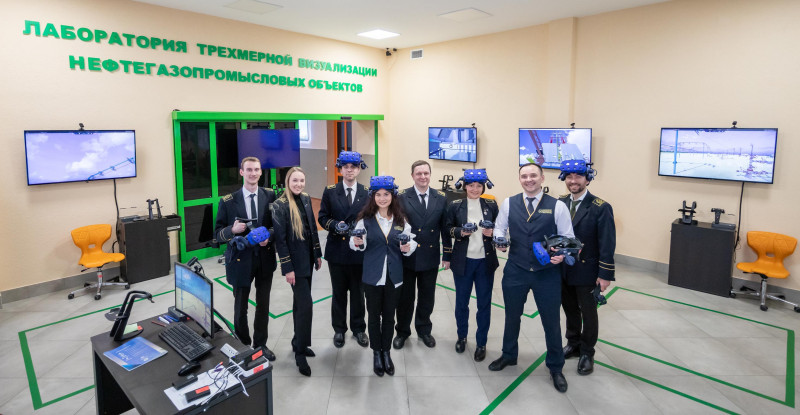
The speed of scientific and technological progress and the disappearance of certain activities associated with the penetration of automation into all areas of production and management processes are factors of possible growth for enterprises of the future. Digital integration, which integrates scientific directions, people, processes, users and data, will create the conditions for scientific and technological advances and breakthroughs, enabling scientific and economic shifts in related industries and, above all, in the global mineral market. In this regard, in 2018, for the purpose of training, research and development in the field of digital technologies for the enterprises of mineral and fuel and energy complexes, the "Educational Center of Digital Technologies" was established at the Mining University.
Learn more about tasks

Directions of scientific research

Study of efficient development and functioning of energy systems on new technological basis, energy saving principles, modern electrical engineering, RES

Theory and methodology of information support of subsoil use objects

Creation of a system of continuous training and professional development aimed at forming professional digital competences of specialists required to ensure the innovative development of the fuel and energy complex

Energy saving and energy efficiency improvement

Transition to advanced digital, intelligent production technologies, robotic systems at the enterprises
This direction implies the consideration of intellectual technologies of electric power systems management, including electric power transmission, electric power demand management, digital twins of electric power facilities, digital information models of electrical engineering systems.
Read more
Laboratory
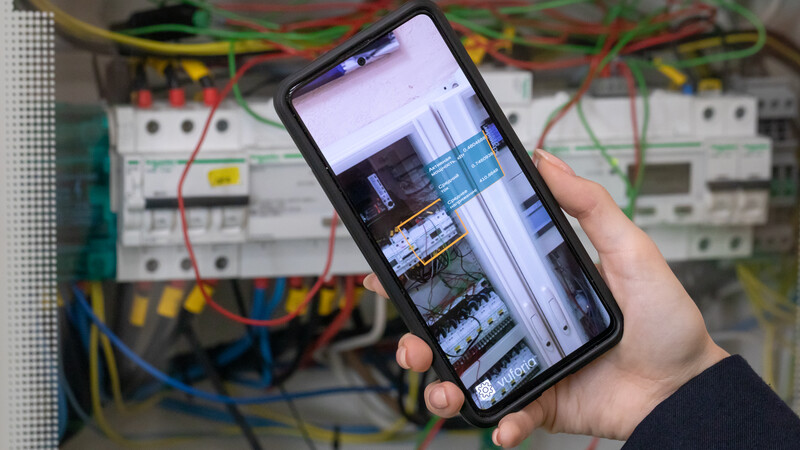

Within the framework of this direction, new methods of monitoring and management based on digital and information technologies are being developed, and information systems are being created to solve mining industry problems.
Read more
Laboratory
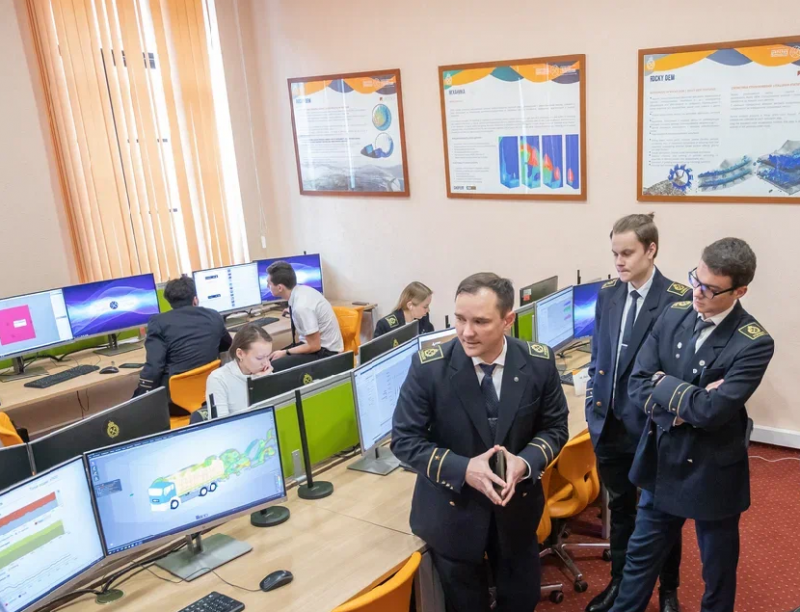

This direction is aimed at the development and popularisation of engineering education, improvement of digital competencies of employees and students, as well as implementation of additional professional education programmes for representatives of fuel and energy complex companies.
Read more
Laboratory
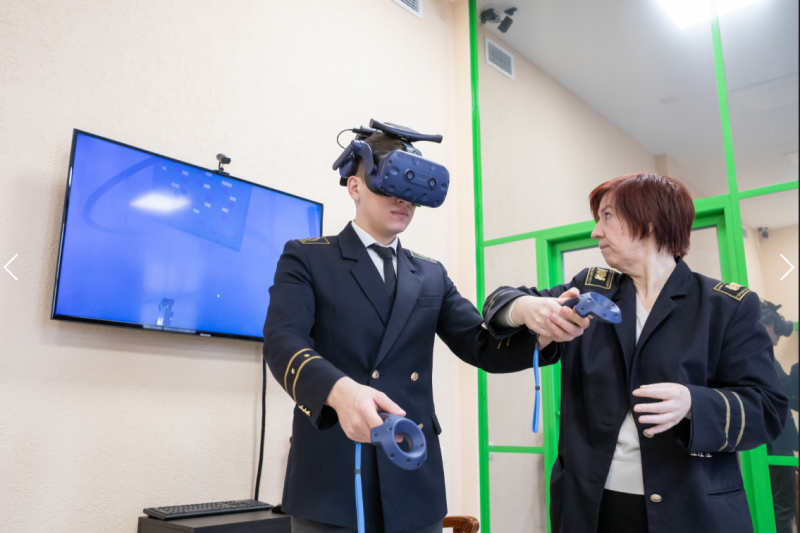

This direction implies research and substantiation of complex indicators of efficiency of energy generation, transport and consumption when supplied from traditional and renewable energy sources, taking into account the impact of global challenges and variation of external factors.
Read more
Laboratory
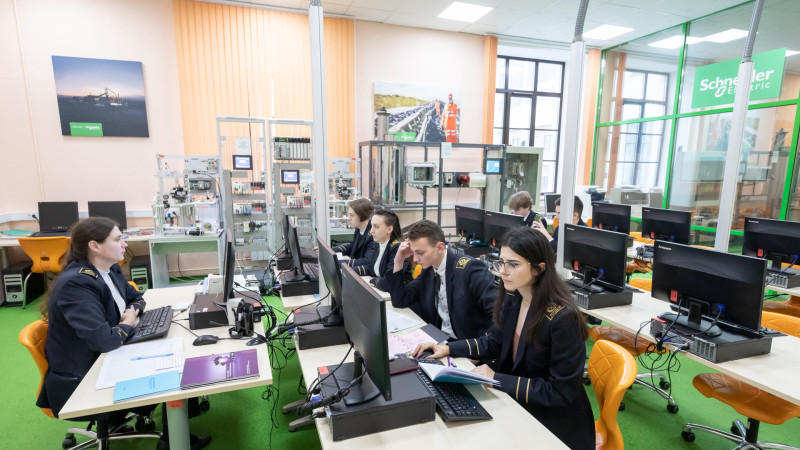

Within the framework of this direction, research is carried out aimed at improving the efficiency of equipment and technological processes of mining, processing and transporting minerals.
Read more
Laboratory
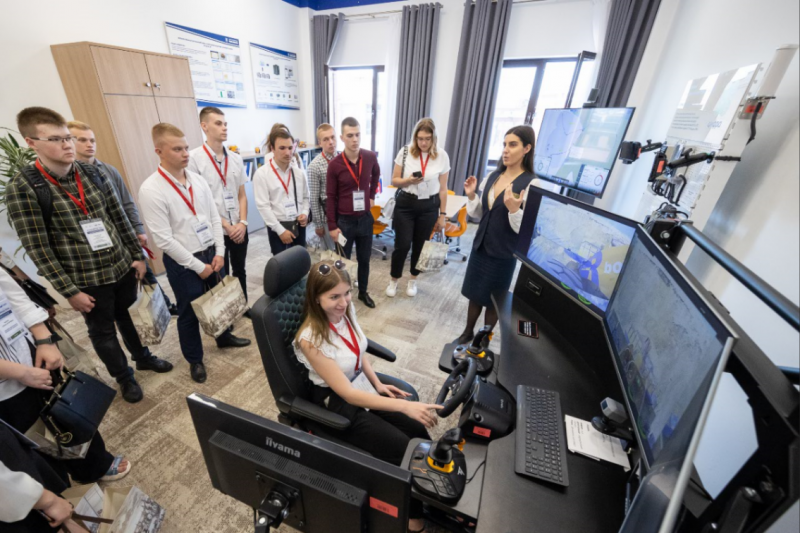

Scientific publications

DEM Calibration Approach: Random Forest
Date of publication: 2018-12-10
Journal: Journal of Physics: Conference Series
Authors: Boikov, A.V, Savelev, R.V, Payor, V.A.
ISSN:17426596
A lot of researchers are developing new DEM parameters calibration approaches based on an experiment plan or the use of learning algorithms. This research is aimed at improving iterative algorithms frequently used for calibration. The big time consumption as a main problem of iterative algorithms is questioned. It is proposed to use Random forest algorithm to determine DEM parameters impact on the measured bulk responses. Measured responses are the parameters obtained by image processing using a technical vision system. As a result of 200 experiments processing, DEM parameters impact values on each bulk response were generated and presented as histograms. Obtained results were interpreted on the basis of the bulk material behavior and its physical properties. There is a discussion on the possibility of developing a universal DEM parameters calibration method based on the iterative algorithm.
Analysis of the options of modernization of roller-bit drilling machines with a submersible steamer
Keywords:Damper | Drilling rig | Drilling speed | Shock absorber | Shock system | Submersible hammer
Date of publication: 2018-01-01
Journal: Journal of Mining Institute
Authors: Yungmeister, D.A, Krupenski, I, Lavrenko, S.A.
ISSN:25419404
The designs of submersible hammers and dampers protected by patents for reducing the vibration of the drilling rig of roller drill machines are proposed. The variants of modernizing drilling rigs for drilling hard rocks and faces of complex structures are considered. Particular attention is paid to the joint work of submersible shockers and pneumatic shock absorbers, the preferred schemes for the arrangement of these devices by drilling rigs are indicated. The results of experimental tests of machines with pneumatic hammers are presented to determine the vibration performance and drilling speeds. The pneumatic hammer allows increasing the speed of drilling process to the intensification of the destruction of the plain face by the shock load and the cleavage of the protrusions of the unevenness of the face, the better fitting of the bit to the face and the release of the blades or the bit pins from the drill bit. The choice of a particular type of damper or shock absorber depends on its design scheme and the possibility of changing the design of the drill string. With the complexity of installing a damping device in the mast (with significant dimensions of shock absorbers and drilling of strong heterogeneous rocks), it is advisable to use a set of tools to reduce hydraulic pulsations in the mains and cylinders of the hydraulic system by installing chokes in the oil plants and pneumatic shock absorbers. It is proposed to use the device for the development of pneumatic hammers by a patent-pending drilling method with a hollow piston filled with magnetically active heavy liquid, which will allow controlling the frequency and size of the shock pulses and partially compensating for the drill string fluctuations arising from the uneven immersion of the bit in the array. It is noted that the proposed solutions increase the drilling speed by an average of 15%.
Research of the mine shuttle car VS-30 drive mode
Keywords:Loading drives | Mine shuttle car | Parameters operating mode | Potash ore | Recording complex
Date of publication: 2016-12-01
Journal: ARPN Journal of Engineering and Applied Sciences
Authors: Shishlyannikov, D.I, Lavrenko, S.A.
ISSN:18196608
Q3
(Scimago)
Annotation
The article presents the results of experimental investigations of the magnitude and nature of change loads drive of mine shuttle car VS-30 used to deliver ore to extraction chambers in potash mines. The design of program-recording complex "VATUR" developed by employees of the department "Mining Electrical Engineering" Perm National Research Polytechnic University. In the investigation of operating modes of the drive of self-propelled mine wagons were carried out measurements and recording the instantaneous values of voltage and current of electric motors, calculated values of active and apparent power consumed by the motor pump stations and bottom conveyors of mine shuttle car. Carried out investigations modes of operation and changing loads on the units and details of the tram drive. It is proved that the operation of electric motors of the mine shuttle cars increased characterized by a systematic overload. Outdated system controlling the rotational speed of shafts drive motor gives rise to considerable dynamic loads on components of mechanical transmissions for shuttle cars. Significant loss of time causing the reduction in technical performance longwall set of equipment of potash mines arises during the maneuvering operations and unloading ore from shuttle cars. Based on the analysis of the change of loading drives and statistics of dangerous failures were justified the technical solutions to improve the reliability of mine shuttle car. The recommendations to increase the efficiency of transporting potash in the longwall set of equipment, improving maneuverability of self-propelled cars and reduce downtime for unloading are given.
Partner reviews
"Together with the Educational Center of Digital Technologies at St. Petersburg Mining University, we have been collaborating for several years to shape fundamental and applied challenges and ideas for the digitalisation of the mining industry."
"We are very glad to be part of the process that the Educational Center of Digital Technologies at St. Petersburg Mining University is engaged in. We are confident that this centre can become an assembly point for all those new solutions that will bring the mining industry to a new level."
The Committee for the Fuel and Energy Complex of the Leningrad Region expresses its gratitude to you for your support in holding the Festival and organising an informative exposition of the enterprise aimed at attracting the young generation to the fuel and energy complex profession.
Thanks to your efforts, we will be able to further educate young people full of strength and aspirations for knowledge and creativity in the field of energy saving.
We hope for further fruitful co-operation in the field of energy saving.
Thanks to your efforts, we will be able to further educate young people full of strength and aspirations for knowledge and creativity in the field of energy saving.
We hope for further fruitful co-operation in the field of energy saving.
On behalf of the Ministry of Energy of Russia, we would like to express our gratitude to the WeWatt team of young researchers for the great and necessary work for the industry, done under your leadership on a proactive and pro bono basis.
The results of this study will serve as a basis for further work in this area and will be useful to coal companies in carrying out digital transformation of production facilities, contributing to the effective and successful achievement of the goal.
The results of this study will serve as a basis for further work in this area and will be useful to coal companies in carrying out digital transformation of production facilities, contributing to the effective and successful achievement of the goal.
Institute for Problems of Integrated Subsoil Development, Dmitry Klebanov
Leonid Zhukov, Director of SITECH Division of Zeppelin Rusland Ltd.
Committee for Fuel and Energy Complex, Chairman of the Committee Y.V. Andreev
Ministry of Energy of the Russian Federation
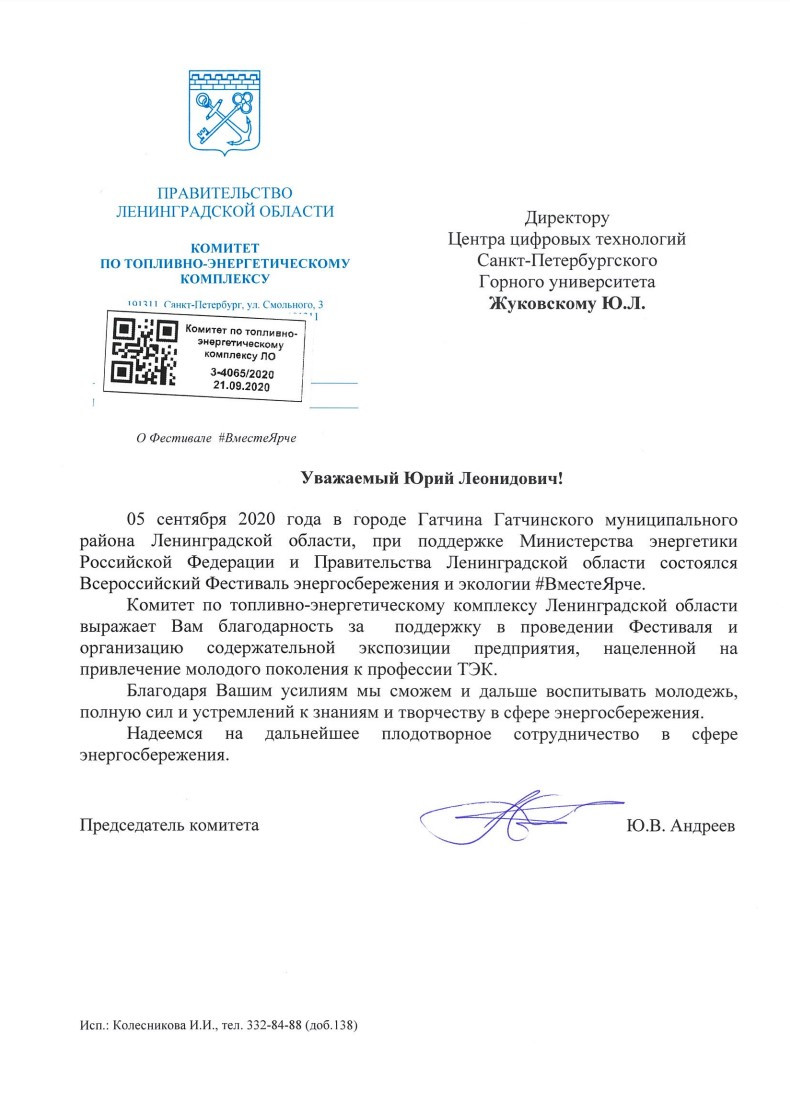
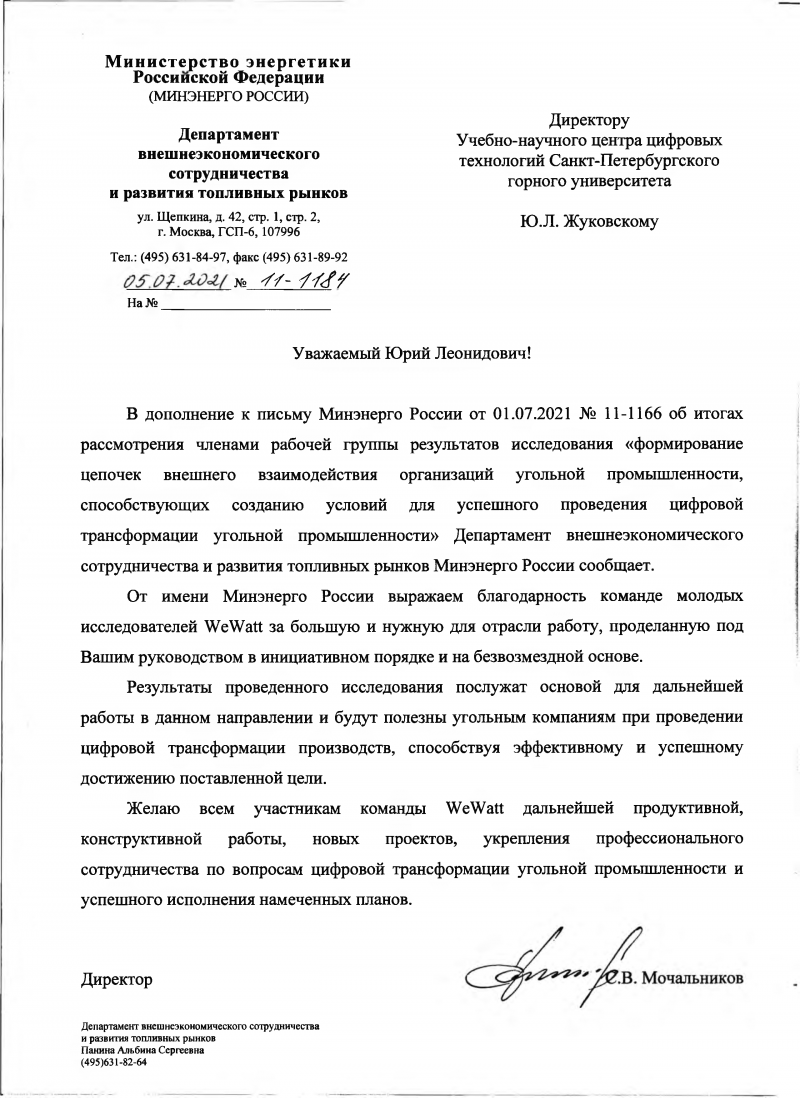

Scientific Center in persons
All employees
Feedback
News

